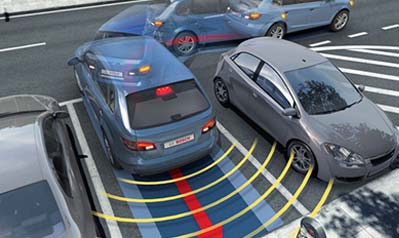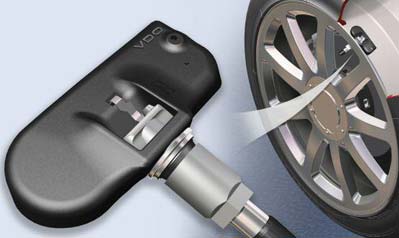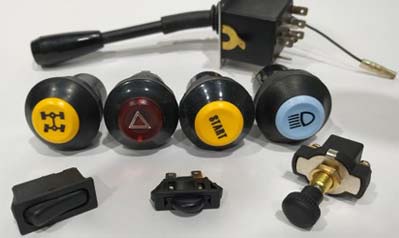Welcome to May Auto Parts Manufacturing & Supplying (MAPMS)
Welcome to May Auto Parts Manufacturing & Supplying (MAPMS)
It is composed of main coil, secondary coil, magnetic core, switch triode and other auxiliary components. The main coil is charged by the battery, the secondary coil discharges the spark plug to ignite, and the triode is responsible for switching. The charging time is controlled by the battery voltage and the engine speed to ensure that the energy of each charge is consistent. There are two types of ignition coils m in ignition coil factory: 3-wire and 4-wire. The 3-wire is the positive and negative of the power supply and the switch control (ECU command), and the 4-wire has an additional ignition detection wire, able to detect if the spark plug is firing (whether there is discharge current in the secondary coil).
To put it simply, the ignition coil is a transformer, which increases the voltage from tens of volts to tens of thousands of volts, but the voltage input to the primary coil is provided by the car ignition parts.
The main reason for the burnout of the ignition coil of the car is the aging breakdown of the insulating layer or the damage of the switch transistor. The large gap between the spark plugs leads to a large load on the main coil, high heat generation, and rapid aging of the insulation layer. The aging is fast, and the assembled ignition coil may have poor durability of insulating materials, large internal resistance of the coil, high heat generation, and low quality of the triode, etc., and the service life will be shorter.
If it is always burned out, it will burn out soon after replacement, what is the reason? Some are summarized below:
1. First look at the problem of the generator. If the power generation is too high, the ignition coil of the car will burn out easily if the load is too heavy. However, if the power generation is really too high, then the body electrical appliances, such as light bulbs, will often be damaged; Of course, the quality of accessories is not ruled out, so it is best to test the power generation first.
2. The spark plug gap is too large, adjust the gap or replace the spark plug.
3. The quality of gasoline is not good, try changing to high-grade gasoline.
4. The cylinder compression ratio is wrong, adjust the compression ratio.
5. If there is a program failure on the computer board, you can go to the repair shop to use the computer to check the car and clear the wrong information. If it doesn't work, there may be a problem with your car's transmission.
6. The power supply voltage is unstable.
7. The resistance of the high-voltage line is abnormal, replace the high-voltage line.
8. There is a short circuit in the secondary.
9. The primary current of the ignition controller is too high and the ignition coil of the car is overheated.
10. It is not good to work under high temperature and high pressure wave.
11. There is a very small chance that it is the problem of the coil itself. You can try another brand.
12. The integrated block of the igniter is not working properly.
The car ignition coil itself is a transformer, which is like the transformer in household appliances. When the voltage changes within the specified range, the transformer will not be burned. Usually, the transformer will be burned when the transformer is overloaded. Therefore, when solving this problem, we must try our best to find out the cause of the overload or component aging. This principle also applies to pencil type ignition coils, which are essentially transformers. To avoid burning out the pencil coil ignition, it is crucial to identify the cause of overload or component aging and address it accordingly.
Popular Automotive Spare Parts
 Upgrading Your Ignition System: Benefits of High-Performance Ignition Coils
READ MORE >
Upgrading Your Ignition System: Benefits of High-Performance Ignition Coils
READ MORE >
 How to Ensure the Accuracy of Airbag Pressure Sensors?
READ MORE >
How to Ensure the Accuracy of Airbag Pressure Sensors?
READ MORE >
 What Are the Car Sensors?
READ MORE >
What Are the Car Sensors?
READ MORE >


